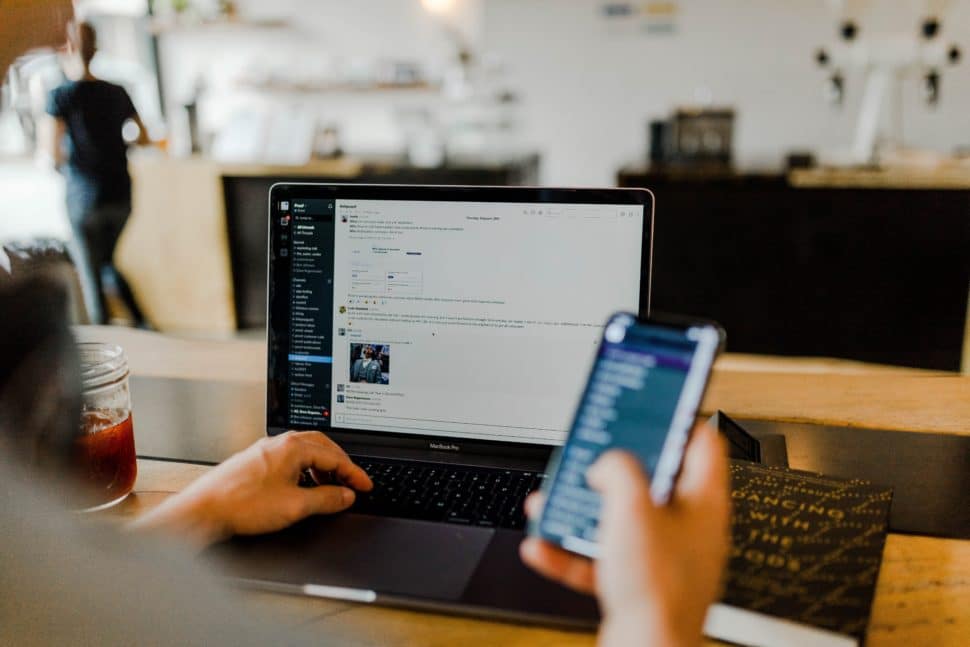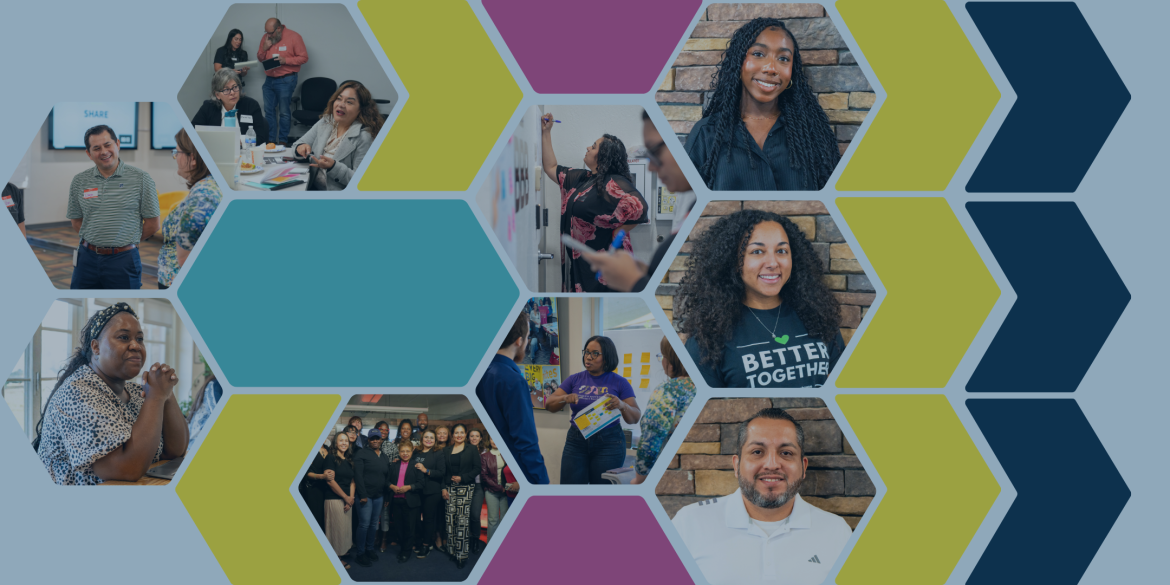As we approach the end of the calendar year, we find ourselves inundated with tasks and responsibilities in and outside of work that keep our minds and inboxes busy. Approximately 83 percent of workers are stressed by at least one thing at work and 30 percent of U.S. employees have high levels of stress. Predictably, these numbers are even higher for entrepreneurs. In the latest Gallup-Healthways Well-Being Index, 34 percent of entrepreneurs–four percentage points more than other workers–reported they were worried. And 45 percent of entrepreneurs said they were stressed, three percentage points more than other workers.
Jessica Carpenter, founder of Wellness Staffers and SEED SPOT alumna, explains the relationship between mindfulness and resilience in the workplace. “I think that mindfulness in any environment is important, but especially in the workplace because it builds and replenished resiliency. Resiliency is the thing that helps us get the job done, recover and move on to the next step. Being mindful gives us the ability to slow down so that we are more present and aware of our in-the-moment needs. This type of mental focus helps guide our actions with calm clarity.”
Many of our team members and entrepreneurs consider mindfulness a strategy that can be used to channel stressful situations into an opportunity for further motivation, energy, and creativity. Sometimes, incorporating mindfulness into a work routine can seem like a task within itself. At SEED SPOT, we find that fitting in mindfulness is something we all strive to do on a day-to-day basis… and breaking it down into mini moments makes it even simpler to achieve.
Pause Your Notifications
Gmail offers many tools and plugins to manage notifications – many on our team use Boomerang to bring emails in and return them at key times of focus. Many also “pause” their inboxes during times of peak workflow or during meetings to avoid getting message overload.
Chief of Staff, Corinn Perry, limits her calendar notification reminders for virtual meetings to be one minute before the meeting starts. “I’ve found that it’s the optimal amount of time to close out what I’m working on, get my headphones set and click on the link for the next meeting, rather than having to keep it in the back of my mind for 5-10 minutes.”
Many team members also use statuses on Slack to indicate they’re not receiving messages. Do-not-disturb is a great way to manage focus and prevent overloads of information. It’s also important to let your teammates know how they can get in touch with you if it’s urgent. Letting them know that a phone call is appropriate for urgent or important communications will allow you to prevent notification and message fatigue.
Mini-Time Management Tricks
On weeks when time is extra scarce, our team consciously blocks off time for not only meetings and calls but also for breaks, work time, and even food! Director of Training and Support, Tristan Gandolfi also sets seated time limits to make sure that back-to-back calls don’t keep her sedentary for too long.
Setting timers or utilizing alarms to break up longer stretches of work time or deep “flow” in work actually support productivity in the long run. “I try to go hard 25-30 minutes at a time then take a two-minute break to breathe, take a moment, and prioritize,” says Vid Micevic, SEED SPOT’s Senior Entrepreneur Support & Impact Analyst, who utilizes the Pomodoro technique of working for about 25 minutes with short breaks in between. The technique supports task ownership and encourages focus by setting mindful boundaries between pieces of work that would otherwise be blockers.
Meditation
There’s an app for that. Headspace and Calm are incredible apps that make short meditation accessible for even the most entry-level meditators. Being able to work up to longer meditations is all a part of the process – practicing influences your resiliency in the face of setbacks and your ability to focus for longer and more productive periods of time.
Mindful Breaks and Breathing Between Meetings
We all have those days where one Zoom call cascades into another until hours of time have passed and we haven’t had a chance to take our eyes off the screen. Senior Marketing Manager, Bianca Buliga, makes it a point to take an intentional break after long stretches of meetings to ensure that she is refreshed and refocused. “Stretches and intentional breathing after back-to-back meetings” are what help her brain bounce back to its optimal performance.
In a world where many jobs can be done from behind a laptop, commuting to and from an office can often be seen as a chore rather than an opportunity. “Honestly, I find a lot of mindfulness on my way to work,” said Vid. “Biking to work clears the mind and makes me come to work on such a good energy level. If I work from home, I try to stretch every couple of hours. If it’s a nice day, a nice stroll to enjoy working at a nearby coffee shop and soak in the day outside.”
Many team members take the opportunity to take calls while out on walks, or simply just sitting outside.
Take a PTO Day Just Because
This one is a little longer than a moment, but think of it as a mini-staycation. Paid-Time-Off tends to be associated with a big event, travel, or over multiple days in order to be “valid.” Don’t just use your PTO for events where your energy may be depleted – spend some time renewing yourself and taking a break. Between work days, remember to combat cycles of hard work with true breaks to eliminate symptoms of burnout and to recharge your energy.
As Jessica from Wellness Staffers said so well: “When people are not well in one area it affects the whole person. We are whole beings not separated from any of our layers. It’s all connected. To be mindful is to be aware on purpose. When we choose to be mindful of the self we can discover disconnections (in a non-judgmental way) and start to participate in things that create balance which increases our overall well-being. As we become aware of the shifts, changes, and practices that connect us to wellness, we are able to celebrate those aha! moments in the moment and can more easily return to them.”
Mindfulness at work is not a one-time goal. It requires plenty of practice to positively affect your productivity and work-life balance. By incorporating these mini moments of mindfulness into our everyday routines, we aspire to keep energy high and create a productive, collaborative and creative environment to support entrepreneurs.
Are you looking to start or grow a business that prioritizes mindfulness in the workplace? Search for an upcoming SEED SPOT program near you HERE.






